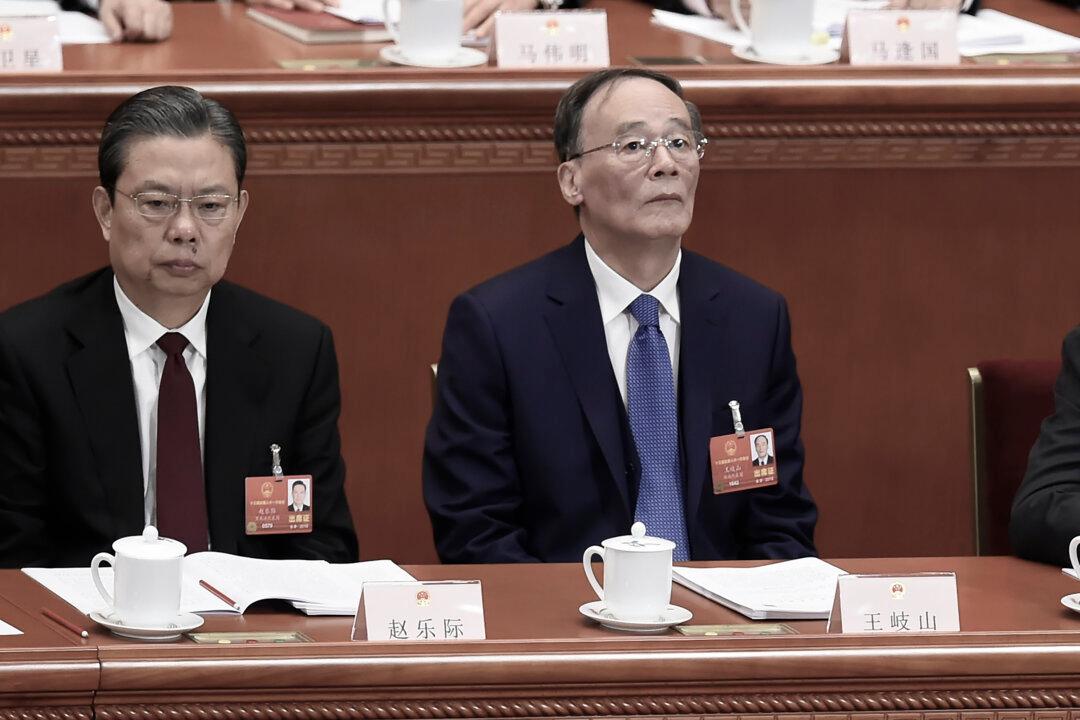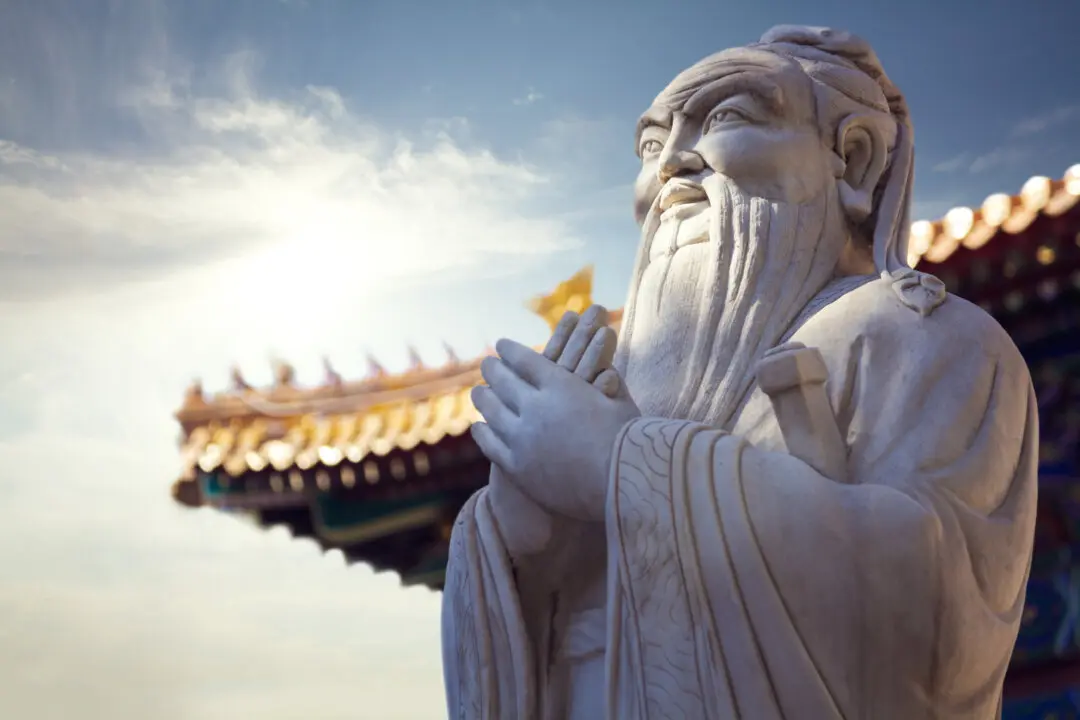The Chinese Communist Party’s (CCP) disciplinary watchdog claims to have investigated almost five million Chinese officials of all levels for possible corruption since Xi Jinping became the paramount leader in 2012.
Xiao Pei, deputy secretary of the CCP’s Committee for Discipline and Inspection, said in Beijing on Oct. 17 that the top disciplinary body filed investigations of 4,648,000 party officials in total in the past decade. Among the probed officials, 553 are senior party officials at the deputy ministerial level and higher, who are directly selected and appointed by the party Central Committee.





